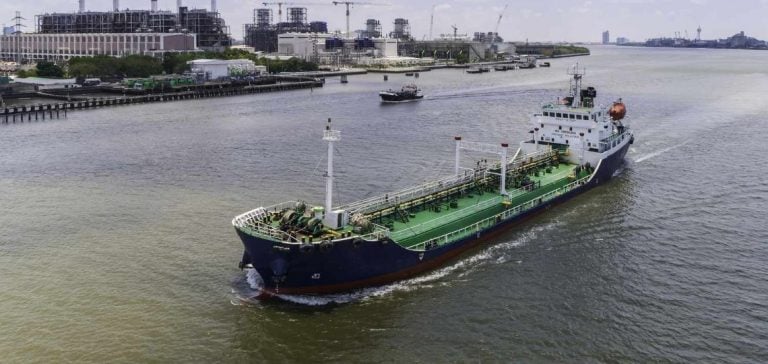Sub-Saharan African economies that rely on oil are struggling to maintain a growth pace comparable to their more diversified neighbors, according to the latest report by the International Monetary Fund (IMF). In 2024, projections show an average growth of 2.8% for these oil-exporting countries, compared to 3.6% for the region as a whole, the IMF emphasizes. This lag is attributed to a range of structural factors, including weak economic diversification, insecurity, and underinvestment.
Countries such as Nigeria, Angola, Gabon, and Congo are among the struggling oil-based economies. Nigeria, in particular—Africa’s largest oil producer with an output of 1.46 million barrels per day—has a growth forecast of only 2.9% in 2024. This is significantly lower than the performance of countries like Senegal and Kenya, which are expected to exceed the regional average thanks to their diversified economies.
An Unfavorable Investment Environment
According to the report, deteriorating economic and security conditions are hampering efforts by these nations to diversify their economies since the decline in commodity prices in 2015. The IMF identifies a combination of structural issues weighing on the business climate, including limited infrastructure, heightened insecurity, and sometimes deficient governance.
Access to financing is another major obstacle. Financial markets are restricted, and high-interest rates make it difficult to fund large-scale projects. Additionally, fluctuations in oil prices and the economic slowdown in China—the world’s largest importer of crude—are contributing to this instability.
Impact of Regional Conflicts and Infrastructure Breakdowns
Conflict situations, such as that in Sudan, are also disrupting regional economic stability. For instance, South Sudan’s economy has taken a severe hit, with a projected contraction of 26.4% for 2024. This decline is linked to the rupture of its sole oil export pipeline, damaged in February 2024 and still out of service.
The impact of this rupture is considerable: crude production has fallen from 150,000 to 40,000 barrels per day, according to data from S&P Global Commodity Insights. Despite South Sudanese authorities’ hopes to restart the pipeline, repair delays due to fighting in the area make recovery uncertain.
Energy Transition and Uncertain Future for Oil-Dependent Economies
African oil exporters face an additional challenge due to the global energy transition. The decline in demand for fossil fuels in developed economies and green energy policies threaten the long-term prospects of these countries. The IMF thus recommends economic diversification reforms and increased infrastructure investment to support a transition toward a less oil-dependent economic model.
The implications of this transition could be particularly severe for nations whose revenues depend predominantly on oil exports. In the face of this challenge, experts believe that investing in other sectors such as agriculture and services could offer long-term economic stability and resilience.





















